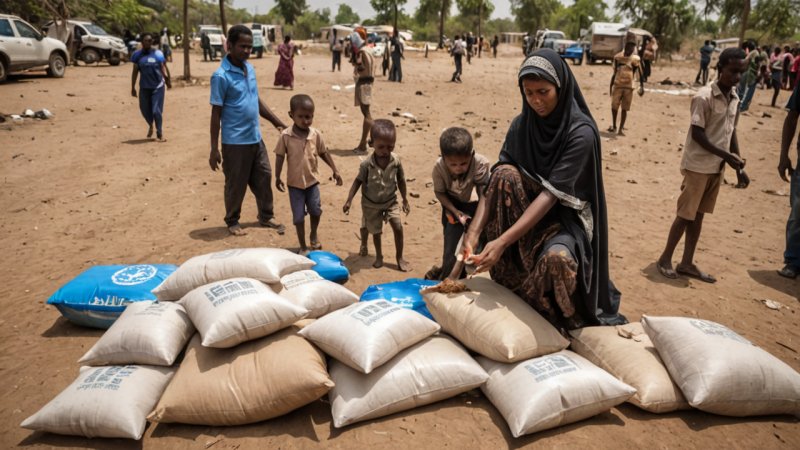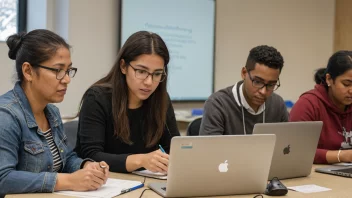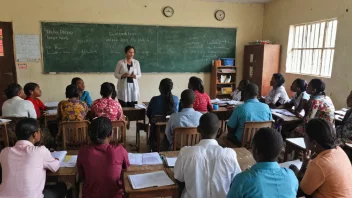Non-Governmental Organizations (NGOs) play a crucial role in delivering humanitarian aid across the globe. They often act as the first responders in times of crisis, providing essential services and support to affected communities. Through their efforts, NGOs work to alleviate suffering, promote human rights, and foster sustainable development. Understanding the various functions and contributions of NGOs can help individuals appreciate their impact and consider how they can support these vital efforts.
What are NGOs?
NGOs, or Non-Governmental Organizations, are independent organizations that operate without direct government control. They are typically non-profit entities focused on addressing social, humanitarian, and environmental issues. Their missions can vary widely, from disaster relief to education and healthcare.
How do NGOs deliver humanitarian aid?
NGOs deliver humanitarian aid through various means, including:
- Emergency response: Providing immediate assistance in the aftermath of disasters, such as food, water, shelter, and medical care.
- Long-term development programs: Implementing sustainable projects aimed at improving the living conditions of communities.
- Advocacy and awareness: Raising awareness about humanitarian issues and advocating for policy changes at local, national, and international levels.
What are some examples of NGOs involved in humanitarian aid?
Several well-known NGOs operate in the humanitarian sector, including:
- Doctors Without Borders (Médecins Sans Frontières): Provides medical assistance in conflict zones and areas affected by epidemics.
- The Red Cross: Offers disaster relief, health services, and humanitarian support globally.
- Oxfam: Works on poverty alleviation, emergency response, and development programs.
What challenges do NGOs face when delivering aid?
NGOs encounter various challenges in their work, such as:
- Funding constraints: Many NGOs rely on donations and grants, which can be unpredictable and insufficient.
- Access to affected areas: Natural disasters, conflict, and political instability can hinder aid delivery.
- Coordination with other organizations: Working alongside governments and other NGOs can lead to challenges in communication and resource allocation.
How can individuals support NGOs in their humanitarian efforts?
Individuals can play a significant role in supporting NGOs by:
- Volunteering: Offering time and skills to local NGOs or through international volunteer programs.
- Raising awareness: Sharing information about humanitarian issues and the work of NGOs within their communities.
- Advocating for policy changes: Engaging with local representatives to promote legislation that supports humanitarian efforts.
What impact do NGOs have on communities?
The impact of NGOs on communities is profound and often life-changing. They provide essential services that help to:
- Reduce poverty and improve living conditions.
- Enhance access to education and healthcare.
- Empower marginalized communities through capacity-building and advocacy.
How can I find reputable NGOs to support?
To find reputable NGOs, consider the following steps:
- Research online for organizations with established track records and positive reviews.
- Look for NGOs that are transparent about their financials and operations.
- Check for accreditations or partnerships with well-known entities.
By taking the time to understand the role of NGOs in humanitarian aid, individuals can better appreciate the importance of these organizations and how they contribute to global well-being. Whether through volunteering, advocacy, or simply spreading awareness, every action counts towards supporting these vital efforts. Together, we can make a difference in the lives of those in need.






